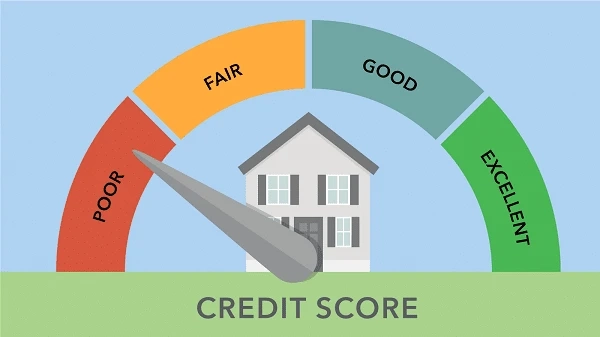Bridging loans can provide a real lifeline where significant sums of money are needed as quickly as possible. Sourced with the help of an experienced broker, bridging finance can also be a highly flexible and affordable facility.
But to what extent is bridging finance accessible for those with poor credit? Are bad credit bridging loans available, and how do they differ from conventional bridging loans?
What Is a Bridging Loan?
A bridging loan is a specialist type of short-term secured loan, issued for covering time-critical outgoings for prompt repayment. Most bridging loans are designed to be repaid within six to 18 months, and are charged at a fixed rate of monthly interest - often as little as 0.5%.
Bridging finance can be used for any legal purpose, with sums available from £10,000 to more than £10 million. All bridging loans are secured against assets of value, typically the home or business property of the borrower and the funds can be made accessible within a matter of days.
Do Bridging Lenders Perform Credit Checks?
As with most financial products and services, bridging loan applications include a credit check. However, credit checks conducted by bridging loan providers do not work in the same way as those performed by conventional High Street banks.
Your credit score may play a role in determining the competitiveness of the loan you are offered, and the types of bridging loans you are eligible for. While some lenders are fairly restrictive where subprime applicants are concerned, others welcome applications from customers with bad credit.
Some of the issues that may influence your eligibility for a competitive bridging loan include the following
Low credit score No credit history Missed mortgage payments Repossessions Defaults Bankruptcy Debt management schemesShould any of these apply, it is essential to consult with a specialist broker before applying. This will help ensure your applications target the right lenders - i.e. those who welcome applicants with credit issues.
Credit Score is Not the Main Factor When Applying
Bridging loans differ from conventional financial products in that credit scores are not the main eligibility factor considered by lenders. In fact, it is perfectly possible to qualify for a competitive bridging loan with a heavily damaged credit score.
Eligibility for bridging finance is assessed primarily on the basis of two things:
Provision of assets of value to secure the loan againstEvidence of a viable exit strategyThese two things alone enable the lender to minimise the risk involved in arranging the facility. Security (aka collateral) effectively ensures the lender against losses, while a provable exit strategy shows them when, where and how they will get their money back.
If both of these conditions are satisfied, the applicant’s credit score (or lack thereof) may be inconsequential.
Though again, if you have any questions or concerns regarding your credit history, they should be raised with your broker in advance. Some bridging specialists are more flexible than others, particularly where applications from poor credit customers are concerned.


